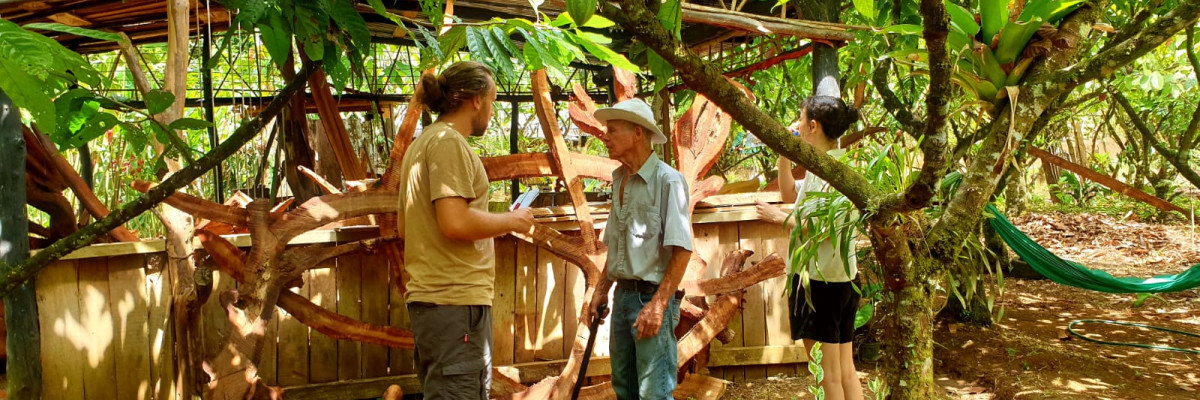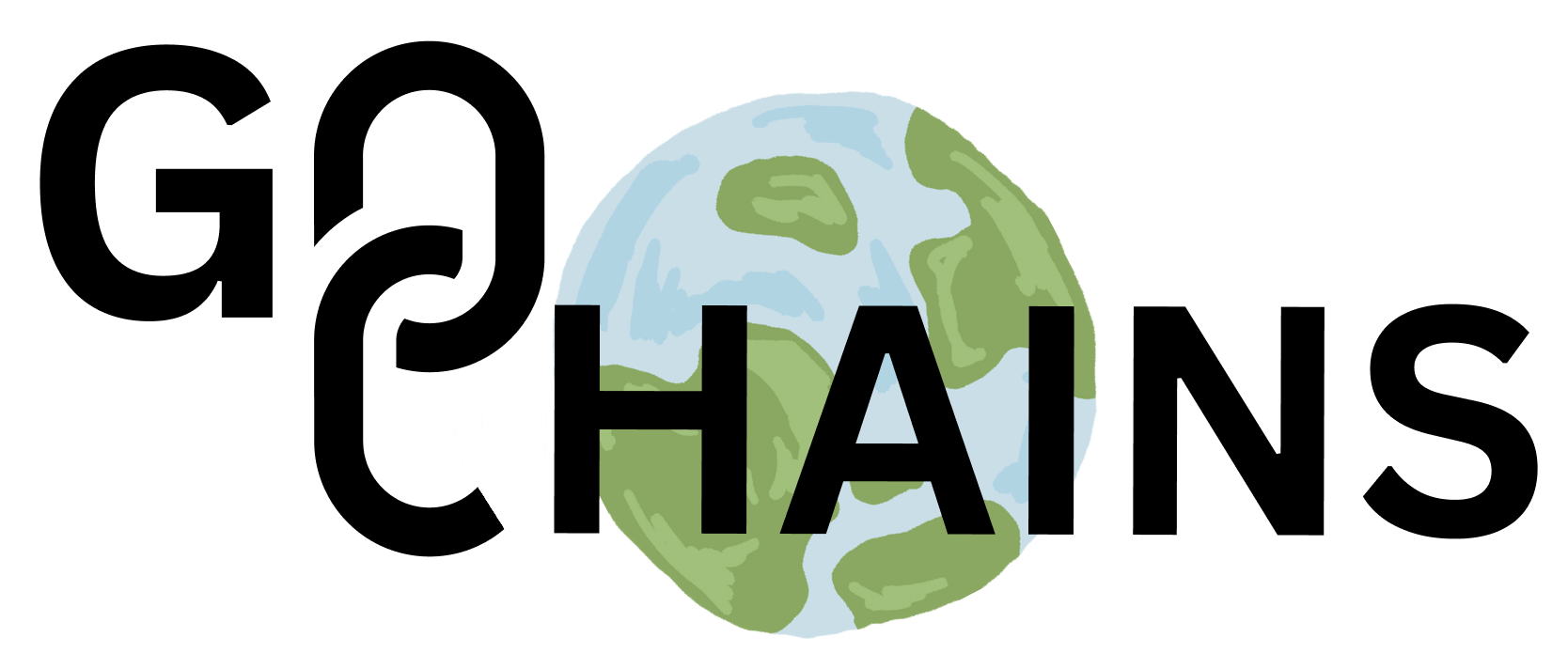
Interview with Frederik Kamphues: "How does field research work?"

What does it actually mean to conduct field research in the Global South—and what can you learn about sustainable agriculture, your own role as a researcher, and structural relationships in global supply chains?
In an interview, Christopher Venzky-Stalling, as part of our science communication team, spoke with Frederik Kamphues, who is planning to conduct field research on cocoa cultivation in Ghana for his PhD. As part of his master's thesis, Frederik has already conducted research on sustainable cocoa cultivation in Costa Rica – prior to that, another university project had already taken him to Ghana for field research.
We talked about the challenges of organizing field research independently, about chance, about trust, frustration tolerance, and why true sustainability can only be understood by talking to the local people—and sometimes even lending a hand yourself.
I spent part of a week working on a cocoa farm, and that's when you realize what a damn hard job it is. From here, sitting at your desk in Germany, it's easy to say, “Oh, they're taking the easy way out with chemicals—they could just weed more.” But once you've spent a whole day weeding in 40-degree heat, you think twice about whether you'd rather resort to chemicals than ruin your back. My opinion changed completely once I was there – it's easy to understand what these people are actually achieving.
Frederik talked about what it was like to be a white researcher traveling in the Global South – and what he learned about his own role as a European researcher in an international context. He also explained how his research was embedded in the political landscape and public perception of sustainable economic practices at the time.
Yes, I would say that there is no such thing as a typical day, because that's the beauty of the job: every day is different, especially during field research. There are days when you're in Ghana and you experience so much. And then you spend the whole day at the computer because you have to write emails or evaluate data, formulate transcripts, and do things like that. That can be a typical day. But the next day, you might spend 18 hours on a cocoa farm, working, interviewing people, getting to know people. I've experienced this in Costa Rica, where I attended family celebrations and had an absolutely crazy day, which was wonderful.
The experiences Frederik has gained during his previous research stays are now directly incorporated into his doctoral project with us at Wissenschaftsraum. Focusing on the impact of technical infrastructures and regulatory requirements – such as human rights due diligence (HREDD) – he is investigating how global production networks in the agricultural sector are changing under growing political and social pressure. The cocoa sector in Ghana serves as his case study: his next field research is scheduled for this fall.
What I find particularly unfortunate at the moment is that with this political shift we are seeing—not only in Germany, but also in America and Europe in general—the issue of sustainability is always portrayed in such a negative light. It is seen as something that only hinders the economy and adds no value. And I think that's just nonsense. The topic needs to be presented in a much more positive light. We need to show how sustainable agriculture can have a positive impact for everyone involved. And I think that's simply being misrepresented in the media. It is often misrepresented and spread by politicians. Companies tend to view it negatively. Take, for example, the supply chain law – which I am also researching – which is always dismissed as a bureaucratic monster, but which ultimately contains some very important building blocks. And that is certainly also our task as researchers: to better show what the advantages of these things are and why it is worthwhile to implement a supply chain due diligence law in reality – or what advantages it can bring – and to simply evaluate the whole issue a little more positively.
The whole interview can be read here in German.
